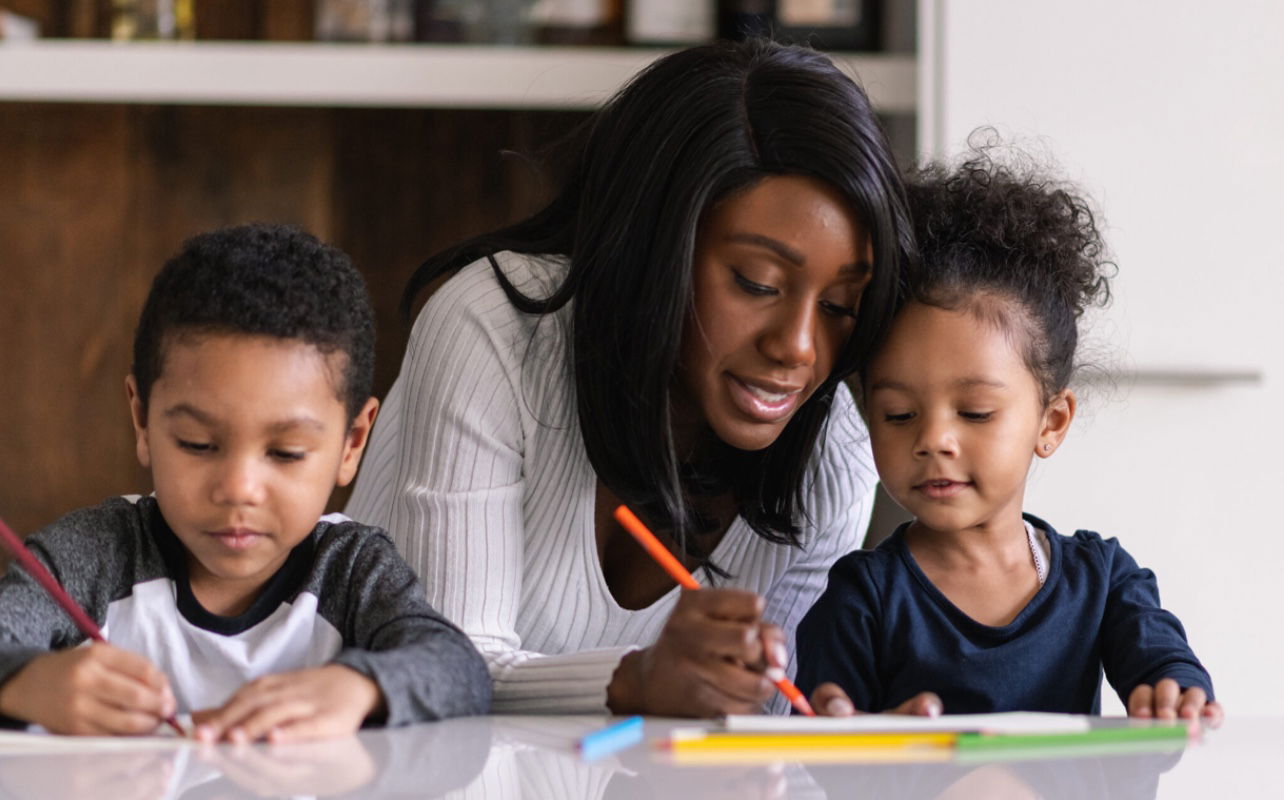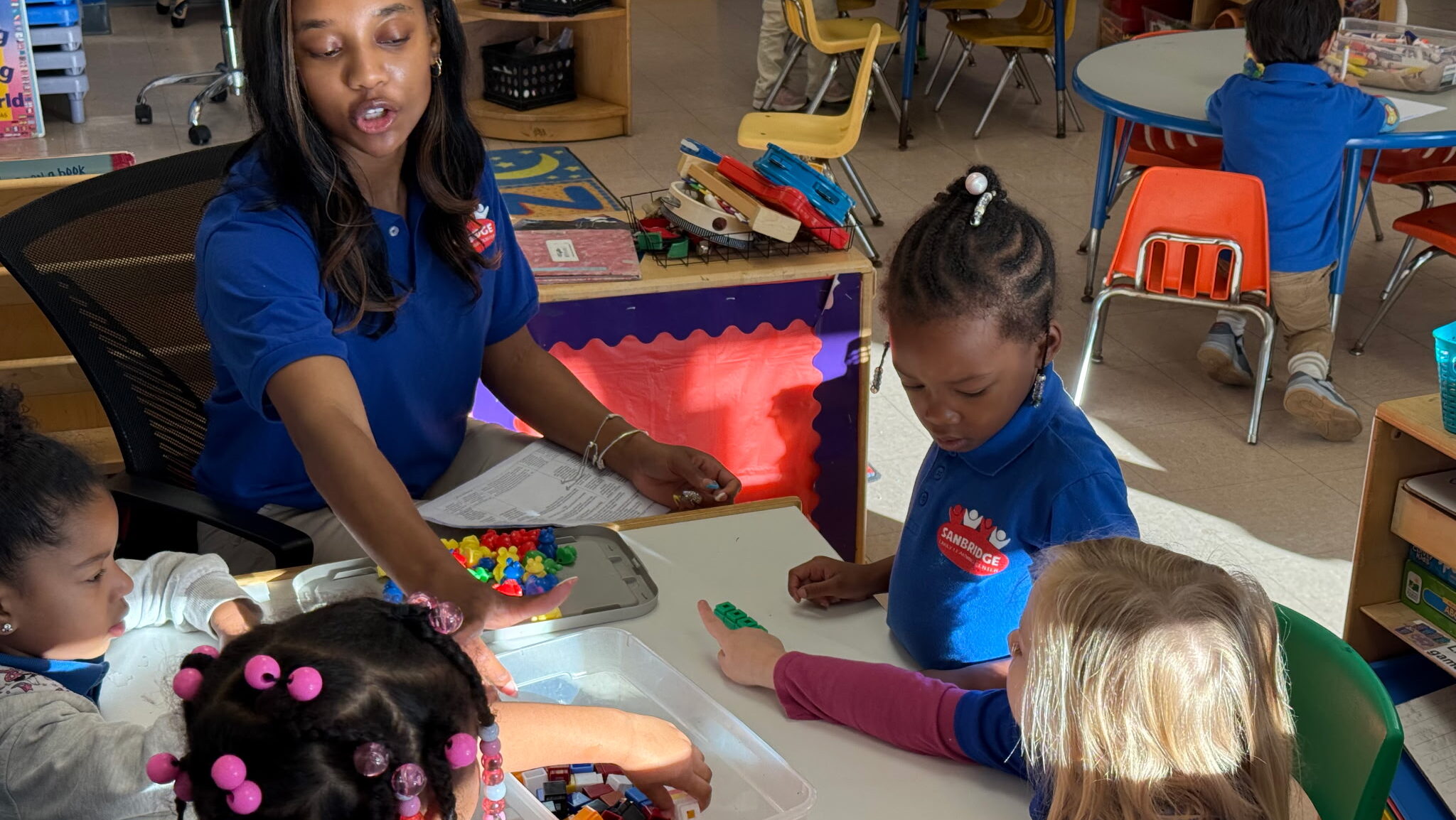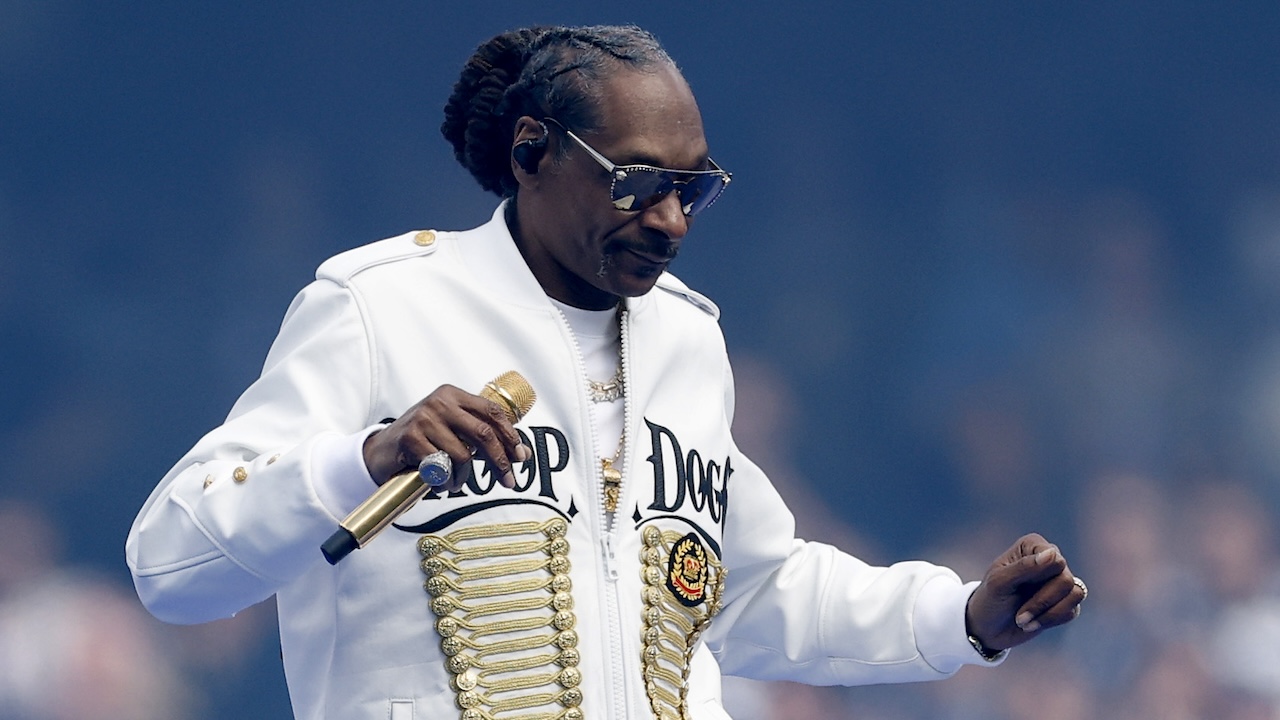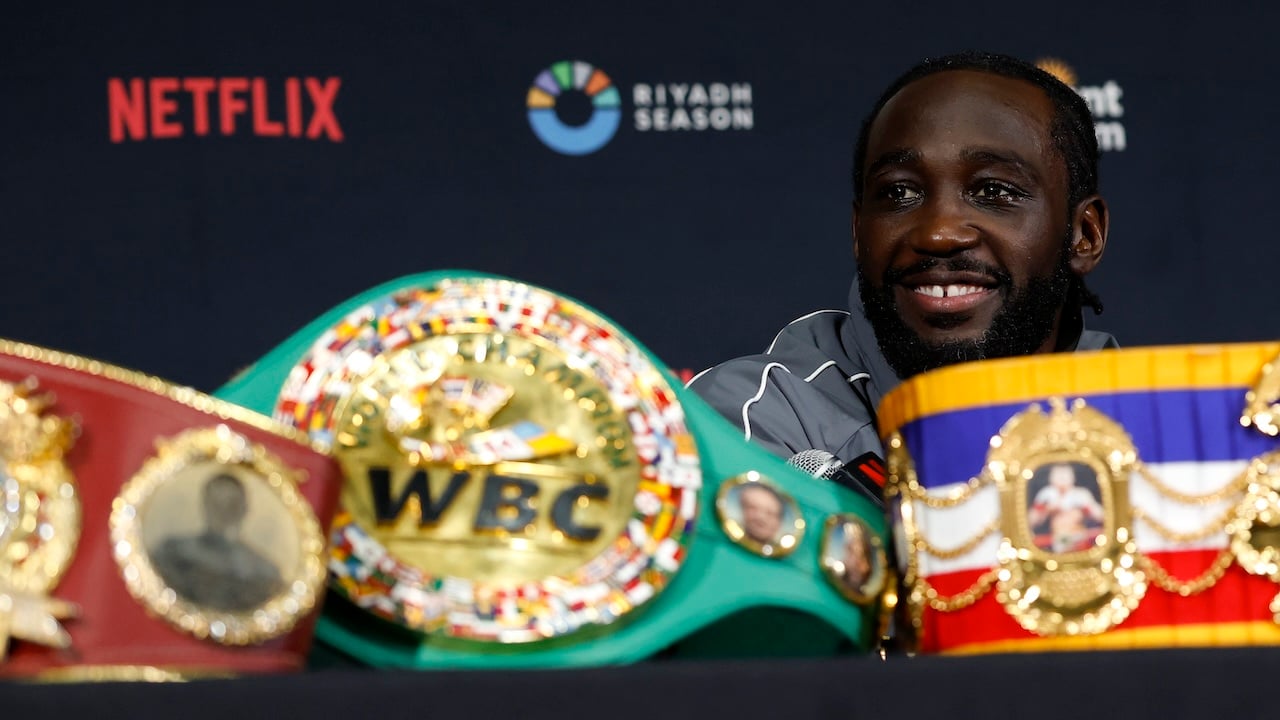Dr. Russ Wigginton
On the heels of a historic anniversary, our country is reminded of how far we’ve come and how much work remains through the lens of education. May 17 marked 71 years since the 1954 Brown v. Board of Education decision affirmed that education must be available equitably to all. The recent Department of Justice’s removal of safeguards to monitor school desegregation through a 1960s court order in Louisiana, and potentially other Southern states, threatens the spirit of that landmark ruling.
Further, across our country, from underfunded public schools to well-endowed college and university campuses, education is facing many serious challenges. One of the greatest challenges is not only resources, but it is the foundation of the true value of education—the threats to free thought and critical inquiry. Without these essential tenets, we weaken our collective ability to reach our full potential individually and as community. We run the risk of misremembering the past, not understanding our present, and moving into the future without clear purpose or direction.
Elementary and secondary education are at the heart of this struggle. This is where students learn about the trials and tribulations of our country, and where they learn to question, empathize, and think critically so that as adults they will be engaged citizens. When these opportunities are minimized for young people, we are all lessened.
Higher education is not immune. Universities—traditionally places for open dialogue and rigorous debate—are under increasing pressure to curtail discussions on diversity and inclusion. Professors and students who challenge conventional perspectives face growing resistance. Even our most prestigious institutions are being pushed toward a simplified version of education that hesitates to confront uncomfortable truths.
This moment demands reflection on who we aspire to be in the future and resistance to return to where we have been in the past. It’s about preserving the American tradition of free inquiry and robust debate. A healthy democracy relies on citizens who can think independently, engage respectfully with different viewpoints, and hold each other and leaders accountable.
Institutions like the National Civil Rights Museum play a vital role in maintaining this spirit. The Ruby Bridges Reading Festival, for example, provides children with access to important books by established and emerging authors—including many whose works are being banned elsewhere. A museum Freedom Award honoree, Ruby Bridges is a civil rights activist who at age 6 was the first Black student to integrate an all-white elementary school in New Orleans in 1960. She was born in Mississippi in 1954, the same year the U.S. Supreme Court handed down its landmark decision ordering the integration of public schools. The festival is a commitment to ensuring future generations understand the full story of our nation’s struggles and achievements and to ensure young people’s voices are valued.
History shows us that when education is constrained, societies become more vulnerable to division and authoritarianism. When curiosity and empathy are discouraged, the foundations of community and democracy weaken.
Protecting education is a shared responsibility. It means ensuring that our schools and universities remain places of truth, inquiry, and understanding. It means supporting teachers, empowering students, and encouraging leaders to champion open dialogue rather than fear.
Freedom starts with an educated mind. By investing in honest education, we invest in a stronger, more resilient America. The stakes are high. Together, we must choose a path of hope, unity, and thoughtful engagement.






